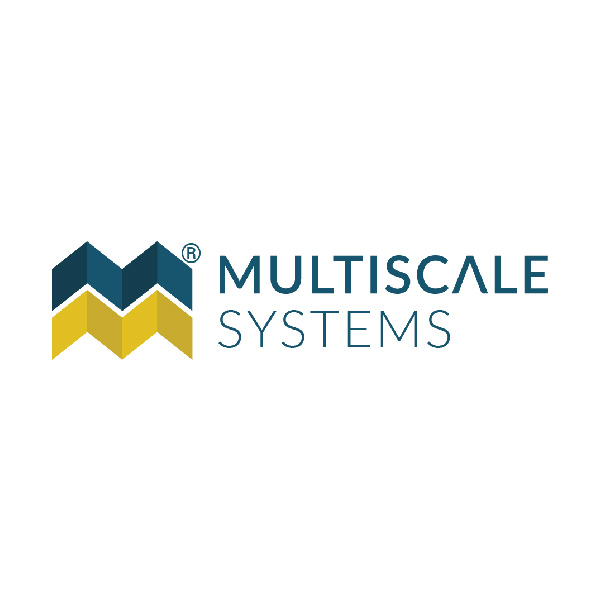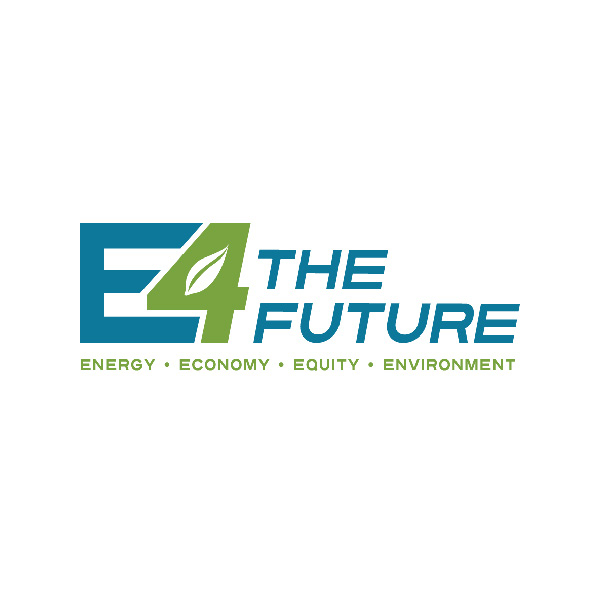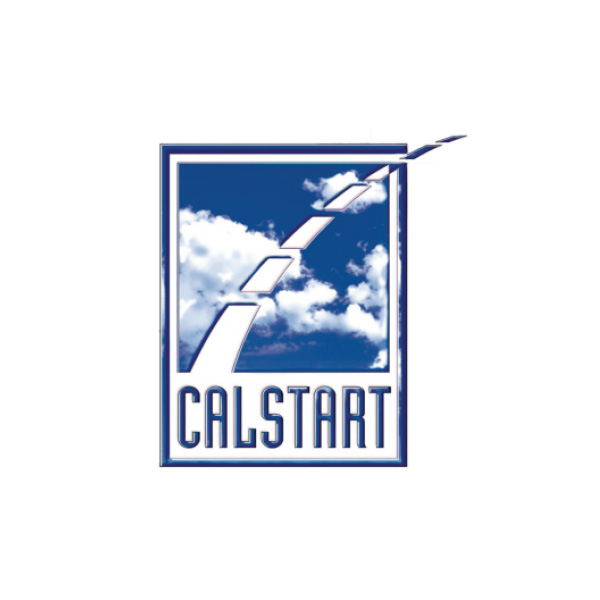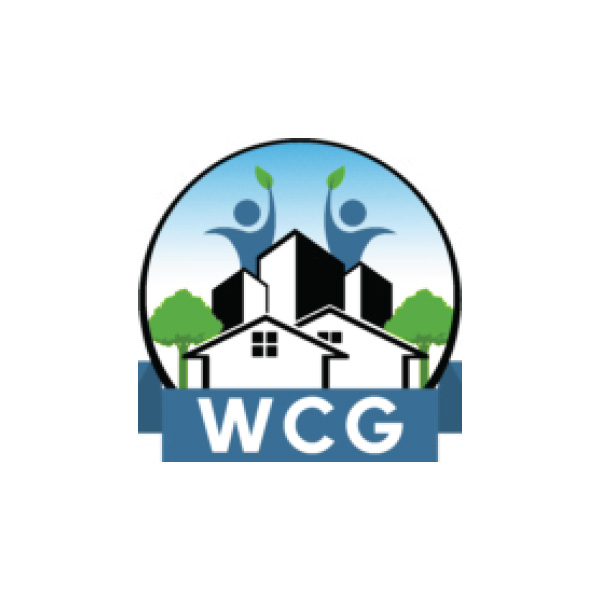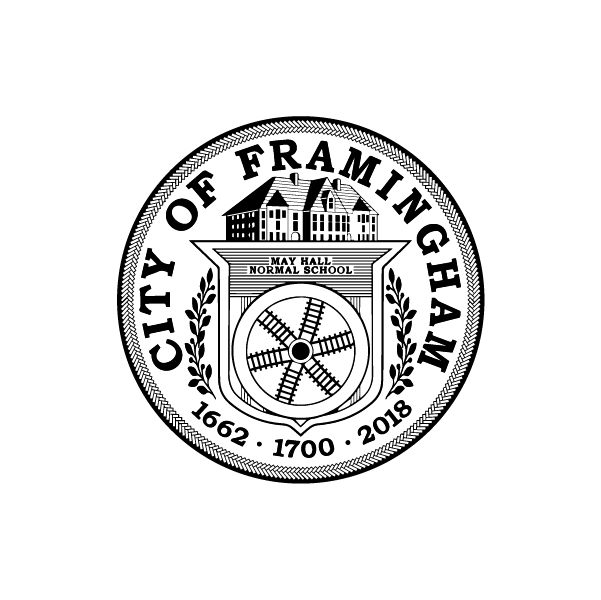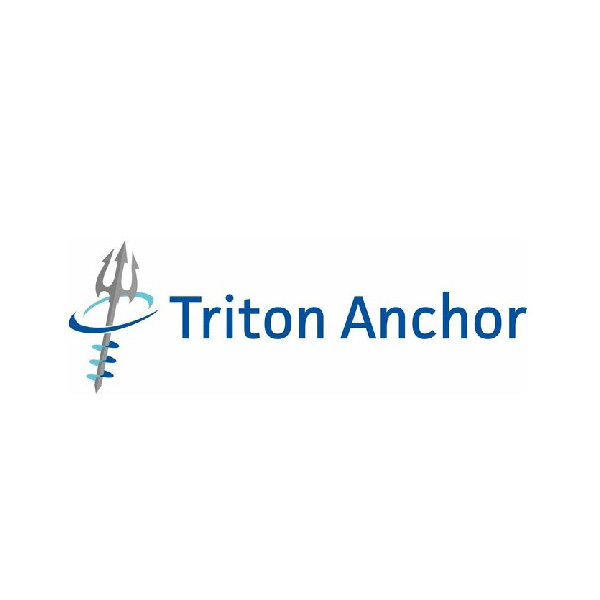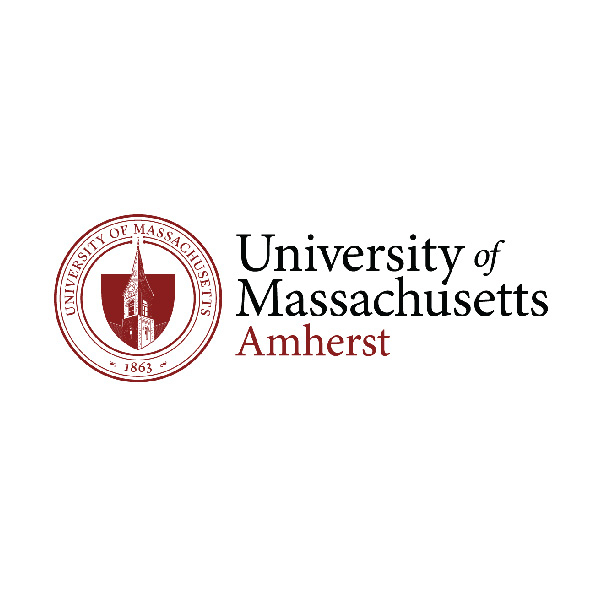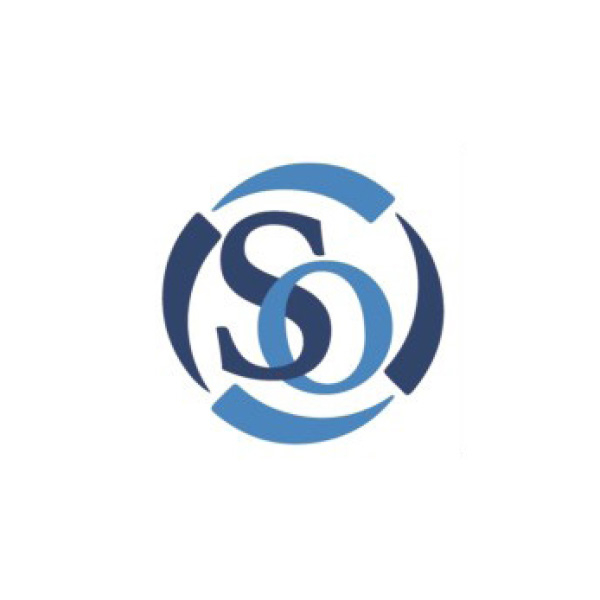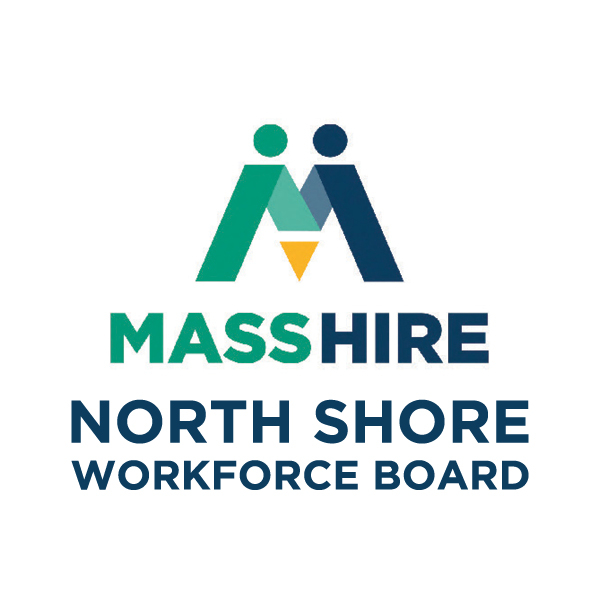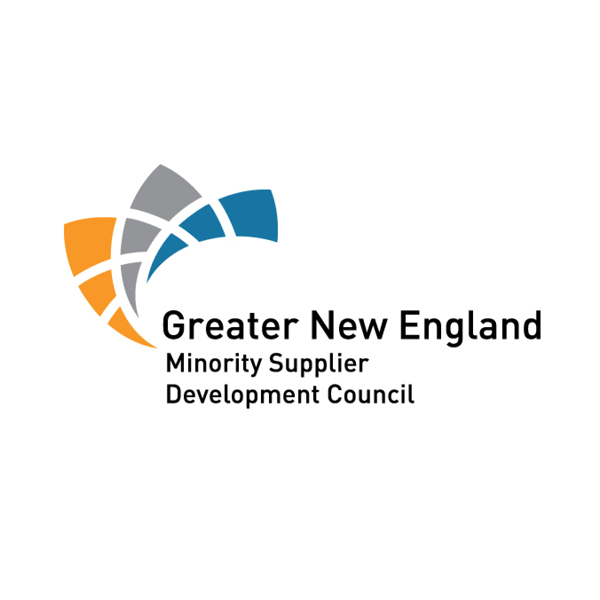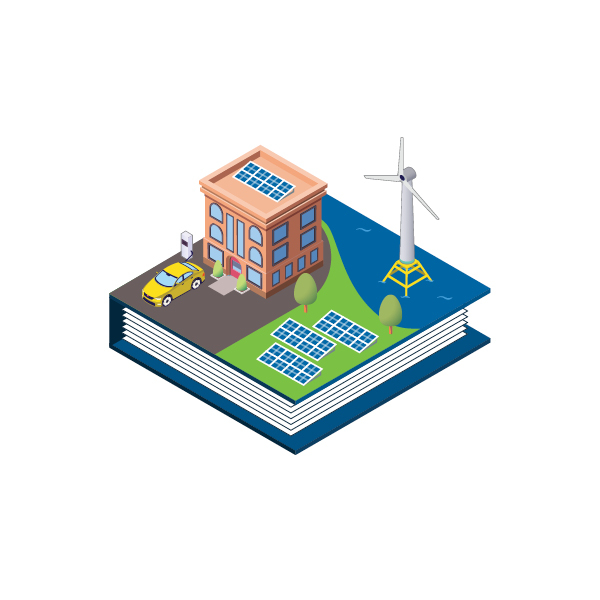MassCEC funds climate solution innovation to meet Massachusetts' emission reduction goals while growing the state’s clean energy economy.
High-Performance Buildings
MassCEC accelerates the most impactful, resilient, and cost-effective electrification technologies and approaches to decarbonizing the building sector.
Clean Transportation
MassCEC fosters cutting-edge clean transportation technologies, enables new finance and business models for electric vehicle deployment, and accelerates the growth of clean transportation companies in Massachusetts.
Net-Zero Grid
MassCEC supports technologies that enable a transition to a modernized and smarter grid, innovative business models, and market development policies for delivering resiliency, risk management, and clean energy.
Offshore Wind
MassCEC works to maximize the economic development opportunities of this growing industry, including training a workforce and ensuring supply chain opportunities.
We focus on reducing the largest sources of greenhouse gas emissions
Transportation, buildings and our electric grid are the largest sources of greenhouse gas emissions (GHG) in Massachusetts. Through the funding we award, we work to discover, scale up and more equitably distribute technologies and business models that use less, and cleaner, energy. We are working towards the goals in the Massachusetts Clean Energy and Climate Plan for 2025 and 2030.
Massachusetts 2020 Greenhouse Gas Emissions by Sector
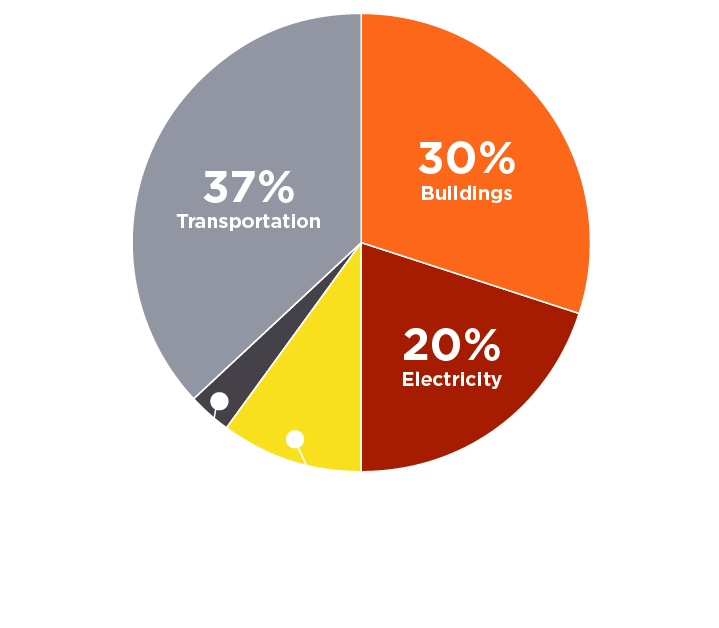
Our Approach
Emerging Climatetech
We fund innovative clean energy technologies from research through commercialization
Workforce Development
We help students of all backgrounds start their clean energy careers, connect the state’s clean energy companies with the workers they need to expand their operations, and partner with schools and training organizations to teach future clean energy workers the skills they need to succeed
Market Transformation
We accelerate adoption of new clean energy technologies, prove and scale business models, and develop and support critical clean energy infrastructure
Diversity & Inclusion
We incorporate principles of diversity, equity, inclusion, and environmental justice in all aspects of our work in order to promote the equitable distribution of the health and economic benefits of clean energy and support a diverse and inclusive clean energy industry
Investments
We make direct equity and venture debt investments in early-stage companies across the climatetech landscape, filling funding gaps to advance clean energy technology, create jobs and leverage private capital throughout the Commonwealth
MassCEC’s work fosters a nation-leading climatetech ecosystem
- Massachusetts ranked #1 on the Clean Energy Community Power Scorecard for the 5th straight year by the Institute for Local Self-Reliance (2021)
- Massachusetts ranked #1 for median clean energy wage by E2 (2020)
- Massachusetts ranked #1 in Leadership in Energy and Environmental Design (LEED)-certified square feet per capita by the USGBC (2020)
- Massachusetts ranked #2 for Innovation overall by Bloomberg, for the 2nd year in a row (2020)
- Massachusetts ranked #2 most energy efficient state in the country by ACEEE (2022)
- Boston ranked #2 U.S. city for clean energy by ACEEE (2020)
- Massachusetts ranked #2 for clean energy workers per capita in the U.S. by E2 (2020)
- Massachusetts ranked #5 for total solar workers in the U.S. by Solar Energy Industries Association (2021)
- Massachusetts ranked #7 for total clean energy workers in the U.S. by E2 (2021)
